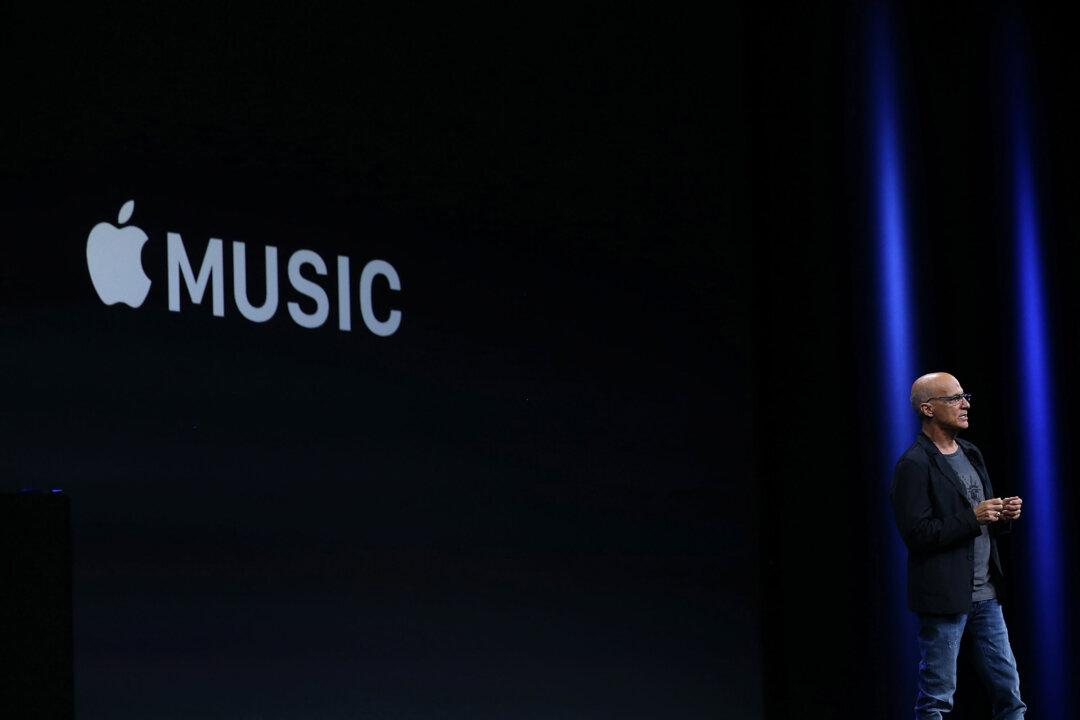Earlier this month, Apple launched its long-awaited subscription-only music streaming service. Costing less than US$10 per month, Apple Music will compete head on with Pandora, Spotify, YouTube and Tidal.
Although subscription-based music services have existed for more than a decade, many still wonder whether Apple Music will again revolutionize the music business, like iTunes. The more important question, however, is what Apple’s entry to the music streaming business will mean for underpaid songwriters.
The Promise of Online Streaming
Online streaming offers many benefits. It allows music fans to access content anytime, anywhere. If Apple Music can include a wider variety of music than Pandora and Spotify, it will move us closer to what commentators have referred to as the “celestial jukebox“ – the proverbial place where music is always at our fingertips.


